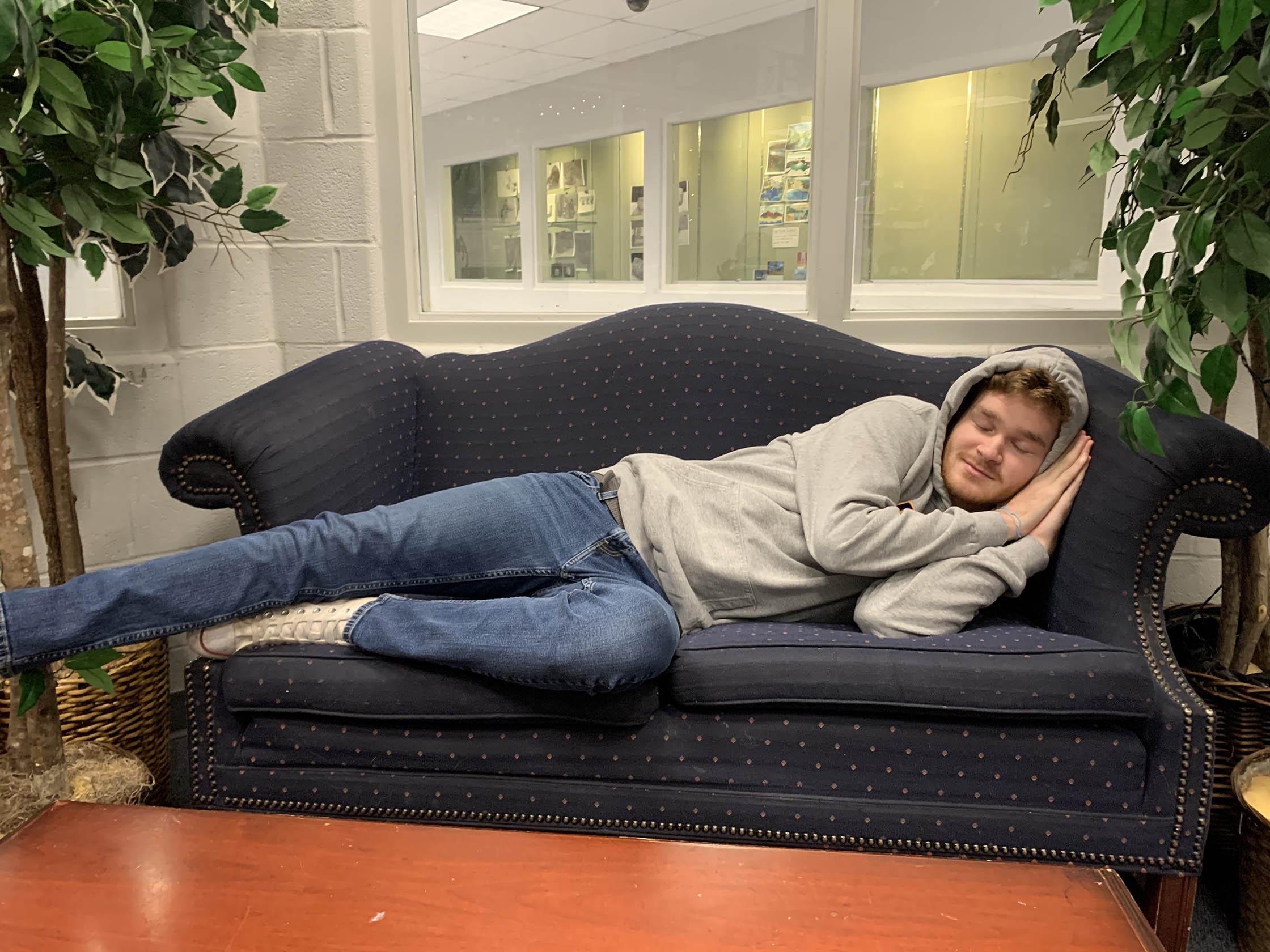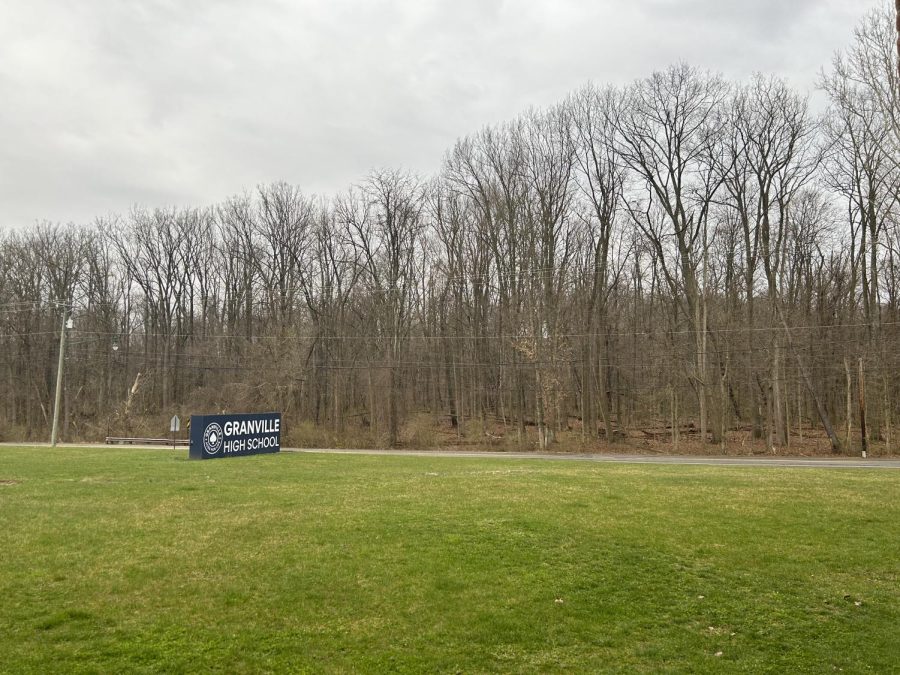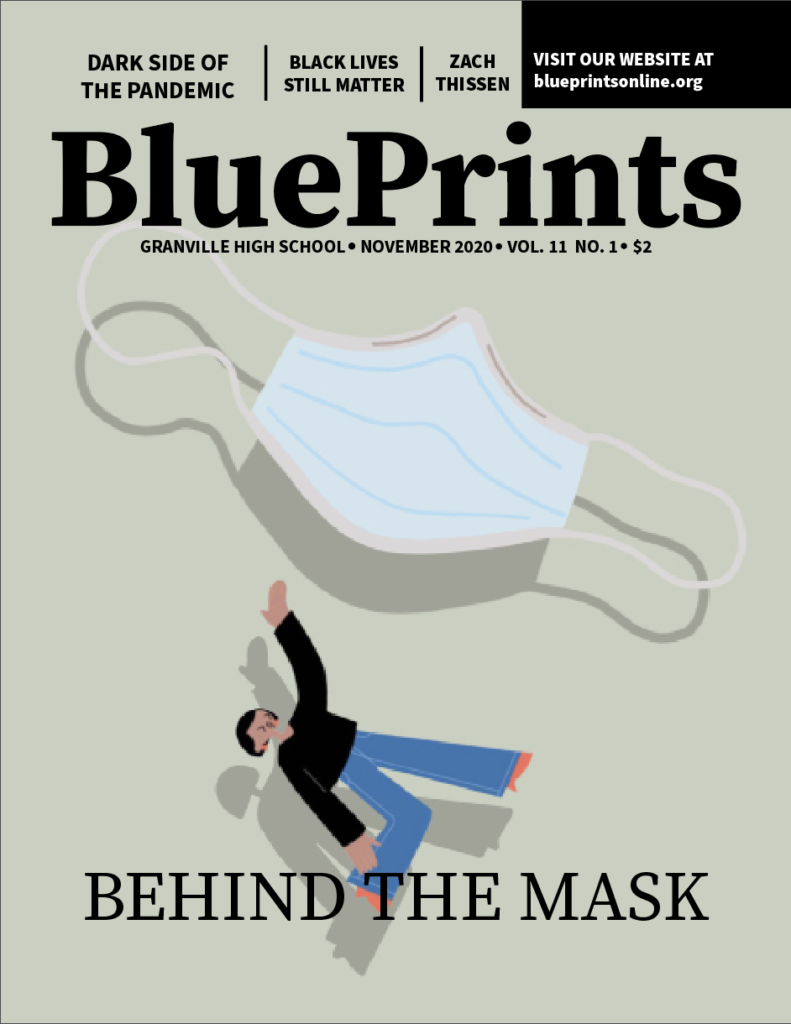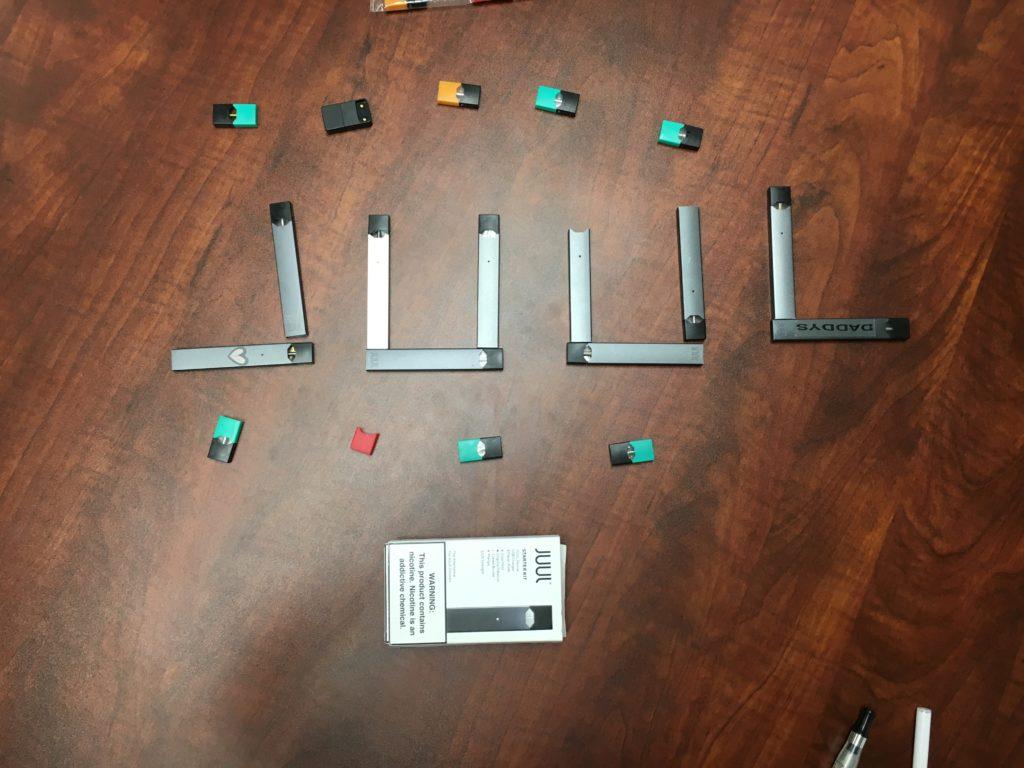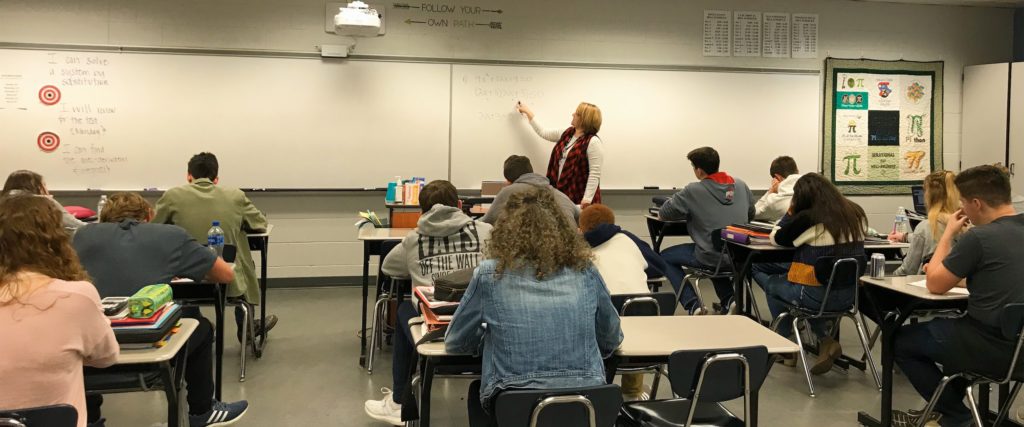It is almost three in the morning when senior Madison Snipes shuts off her computer and calls it a night. Although she still has homework that requires her attention, she decides to hold off and hurriedly finish the rest during her study hall, as she has only slept an average of four hours per night this week.
“I’m just constantly in a haze of fatigue” senior Madison Snipes said. “There’s just this sense of tiredness that never seems to go away.”
Even as a new member of the high school, freshman Sophia Tuma says she is already sleep-deprived.
“I always feel tired and can never get enough sleep,” Tuma says. “I always just try and finish my homework and wait until the weekend to catch up on sleep.”
It seems that the majority of teenagers all across the nation all feel the same pain that Sophia and Madison do. According to the National Sleep Foundation, only a mere 15% of teenagers reported sleeping the recommended minimum of eight and a half hours a night. Even more a cause for concern is the fact that 20% of teens sleep, on average, less than five hours a night.
High school Health teacher Karly Worrall has noticed the effects of sleep deprivation of her students first-hand, and has noticed the impact it has.
“It’s really obvious to see kids are tired,” Worrall said. “Even when I put a video on or turn the lights off I can see kids put their heads down on their desks or yawn.”
Teen sleep deprivation is a major problem, as it can put teens at a higher risk for physical accidents, mental health problems and illness.
How sleep deprivation affects your body
Graphic by Sarah Carpenter (’20)
“I think high school is the real danger spot in terms of sleep deprivation,” said Dr. William Dement, founder of the Stanford Sleep Disorders Clinic. “It’s a huge problem. What it means is that nobody performs at the level they could perform.”
When asked, most teenagers stated that the main reason they do not get enough sleep is due to the amount of homework they have.
“The amount of times I’ve had to stay up until around two or three in the morning to finish different assignments and prepare for presentations is ridiculous,” sophomore Sierra Sarver said. “I’m already tired from all of the activities I do in the afternoon, so staying up that late makes me feel like I’m going to pass out the next day.”
Along with homework, another reason teens stated they have trouble falling asleep is the use of technology before going to bed.
“I always think that I’m just going to look at one more video or one more post before bed, but that’s never the case” Phillips said. “Something new always catches my attention and the next thing I know it’s midnight.”
It is not only the addictive nature of technology that is a threat to teenage sleep. According to the National Sleep Foundation, the blue light that is emitted from devices delays the release of melatonin, a sleep-regulating hormone. Blue light also increases alertness and resets the body’s natural circadian rhythm, making it increasingly difficult for teens to fall asleep even after they turn off their electronic devices.
“Even hearing [your phone] buzz or having it light up with notifications seems to make kids restless” Health teacher Karly Worrall said. “It [technology] seems to be one of the main distractions for kids when they are getting ready for bed.”
As sleep deprivation continues to impact more and more teenagers each day, it is important that everyone begins implementing healthy sleep routines within their daily lives.
Although it may be impossible to control outside influences such as how much homework was assigned on a given night, there are other ways to lessen sleep deprivation.
One of the most effective methods used to combat sleep deprivation is to maintain a regular sleep schedule, according to Nationwide Children’s hospital. Going to bed around ten at night and waking up around 6:30 in the morning on weekdays not only ensures that teenagers are getting the recommended eight and a half hours of sleep, but also makes it easier for the body to fall into a pattern of sleeping.
In order to combat the harmful effects of bluelight, teenagers should consider powering down all electronic devices an hour before going to bed. Because this may not always be possible due to the growing reliance on technology to complete schoolwork, turning the screen brightness down also helps reduce blue light exposure.
“I hope to someday see all my students get the right amount of sleep,” Worrall said. “It would make everyone’s lives just a little bit better if everyone wasn’t so tired all the time.”
Video by Sarah Carpenter (’20)

